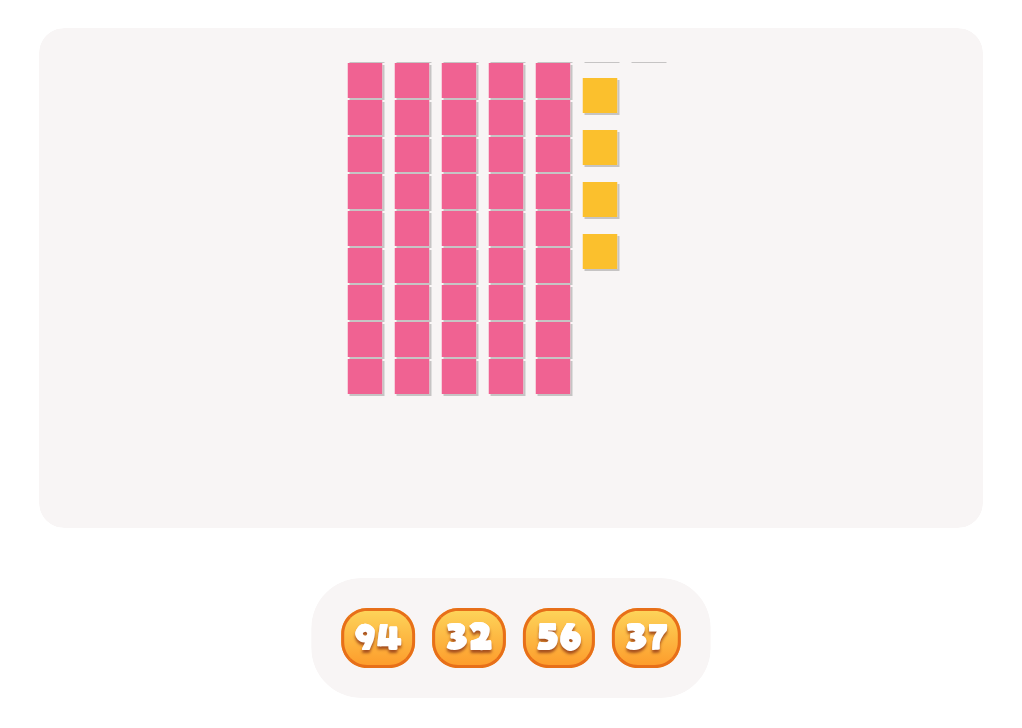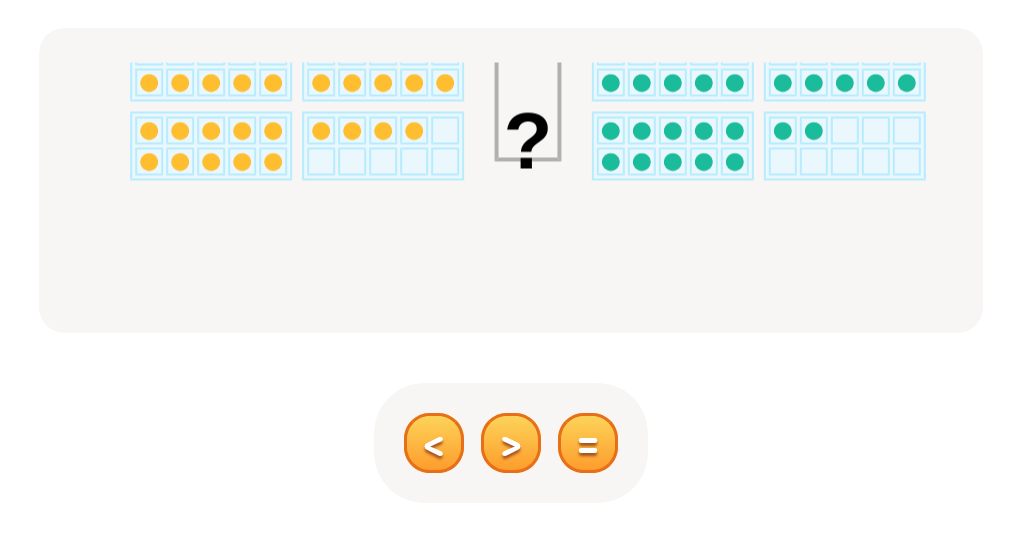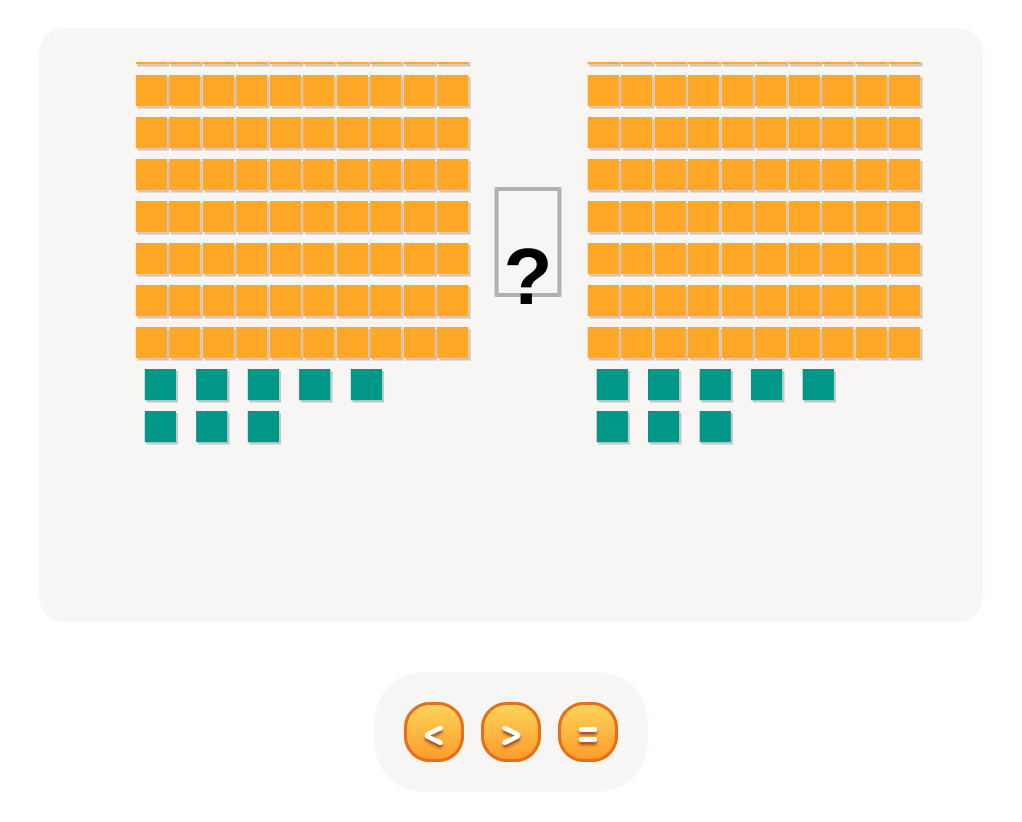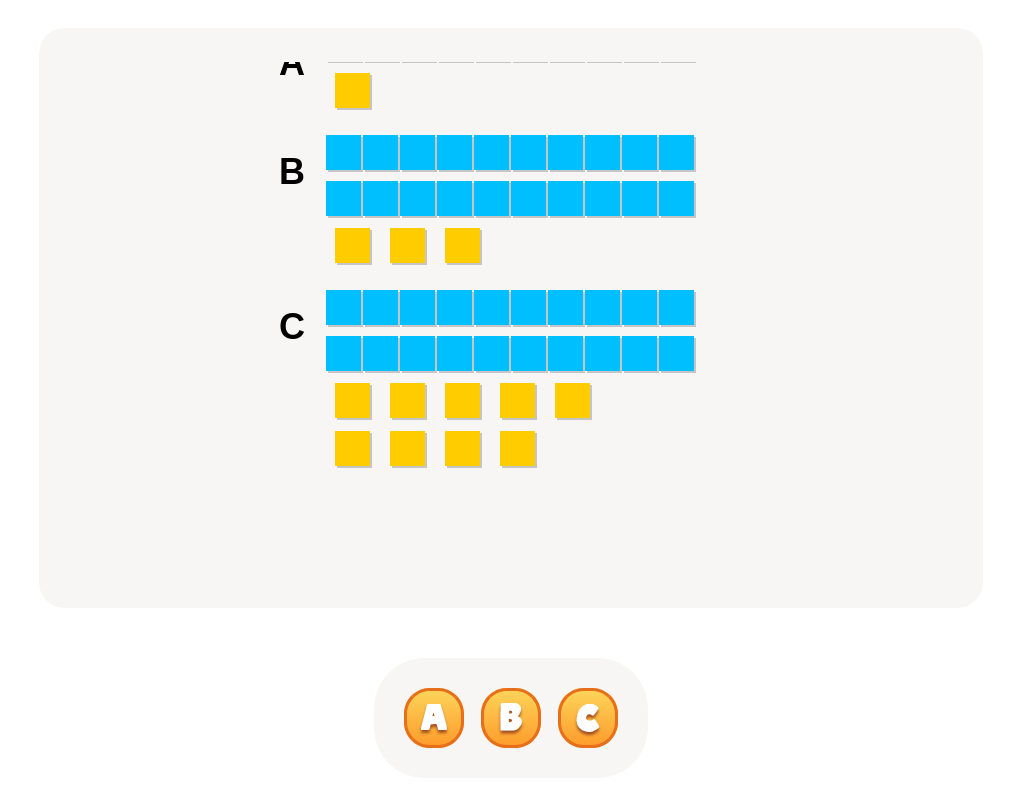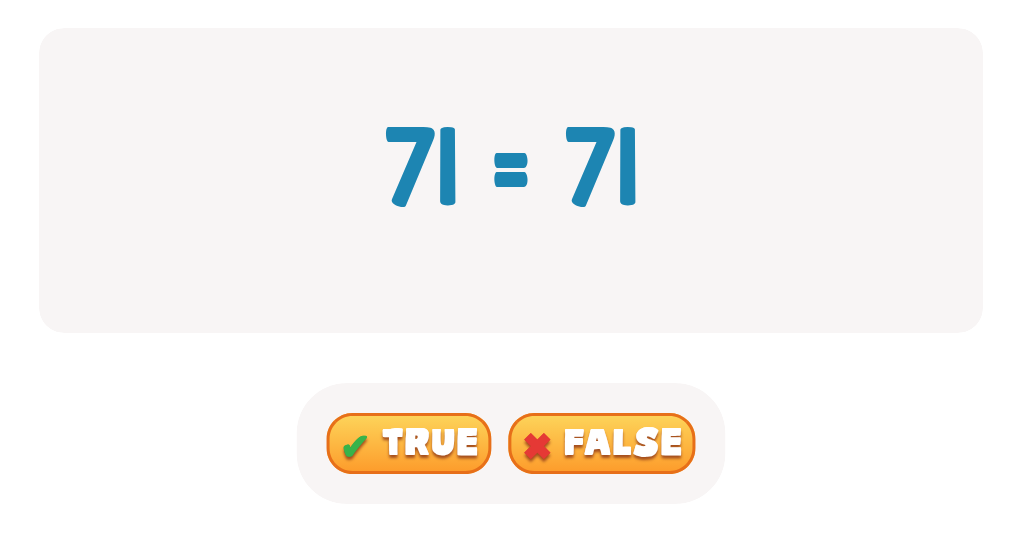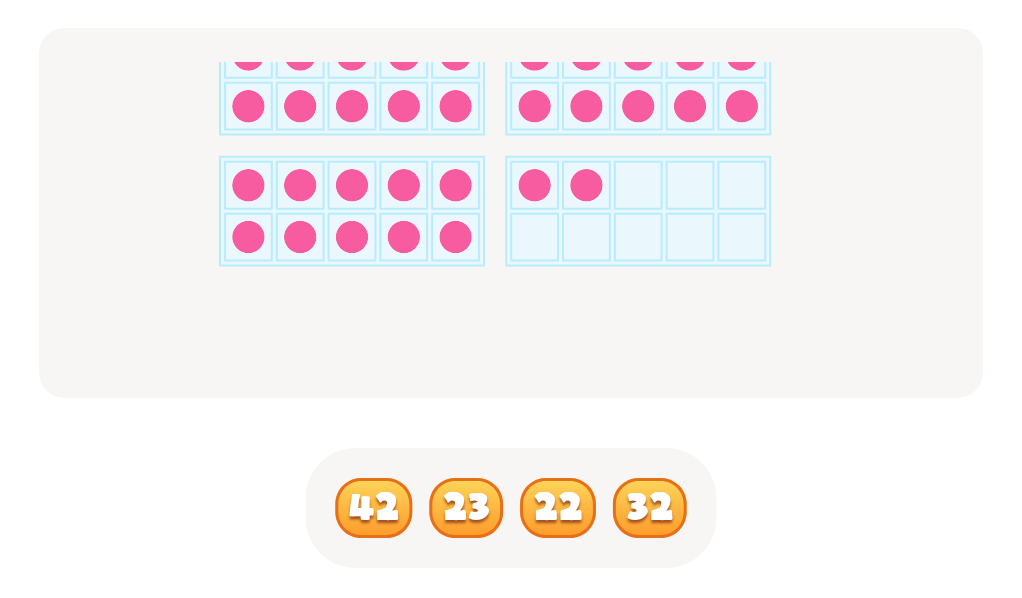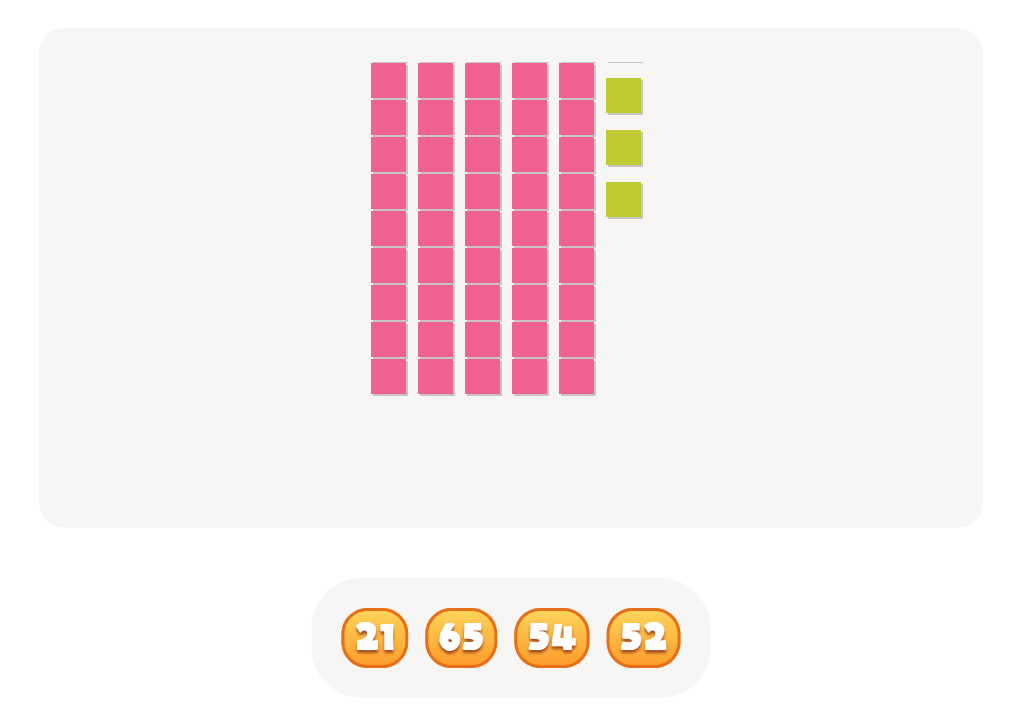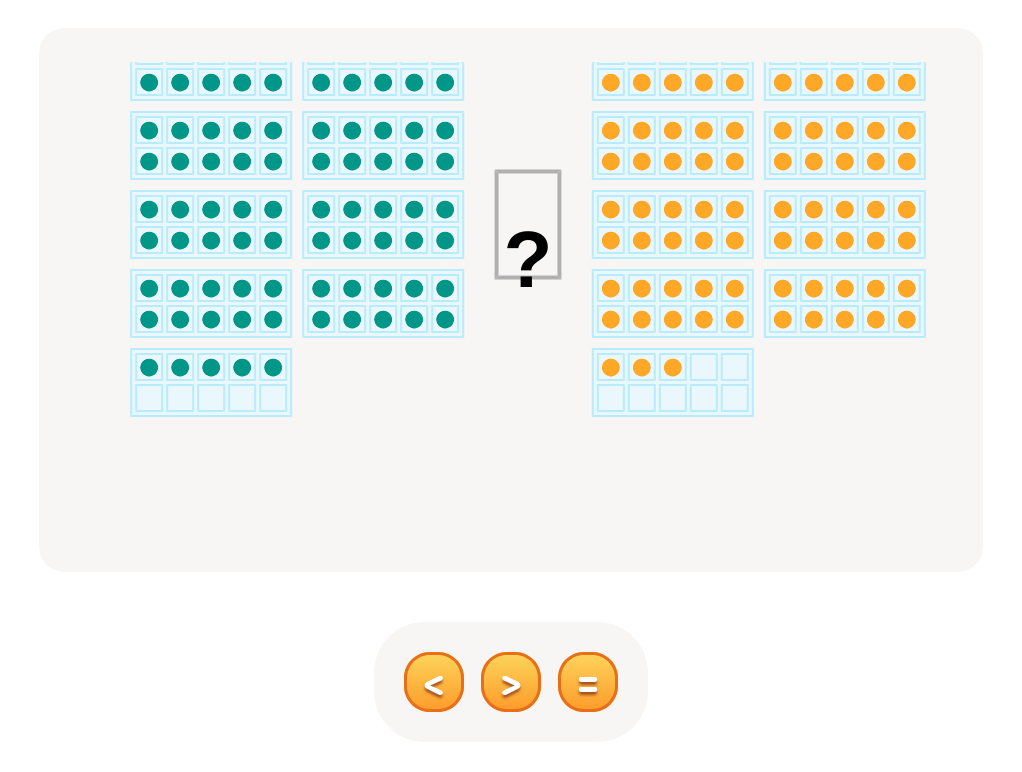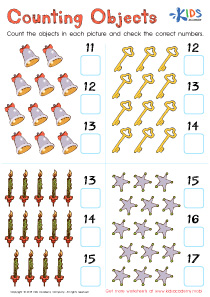Counting skills Normal Place Value Worksheets for Ages 7-9
4 filtered results
-
From - To
Enhance your child's mathematical foundation with our Counting Skills Normal Place Value Worksheets tailored for ages 7-9. These engaging and educational resources help children grasp essential concepts like tens and ones, building strong counting skills through fun activities. Developed by seasoned educators, each worksheet challenges young learners while aligning with common core standards. Stimulate your child's logical thinking and problem-solving abilities with exercises that make learning enjoyable. Perfect for extended home practice or complementing school lessons, these worksheets ensure your child gains the confidence and proficiency needed for future math success. Start the math adventure today!
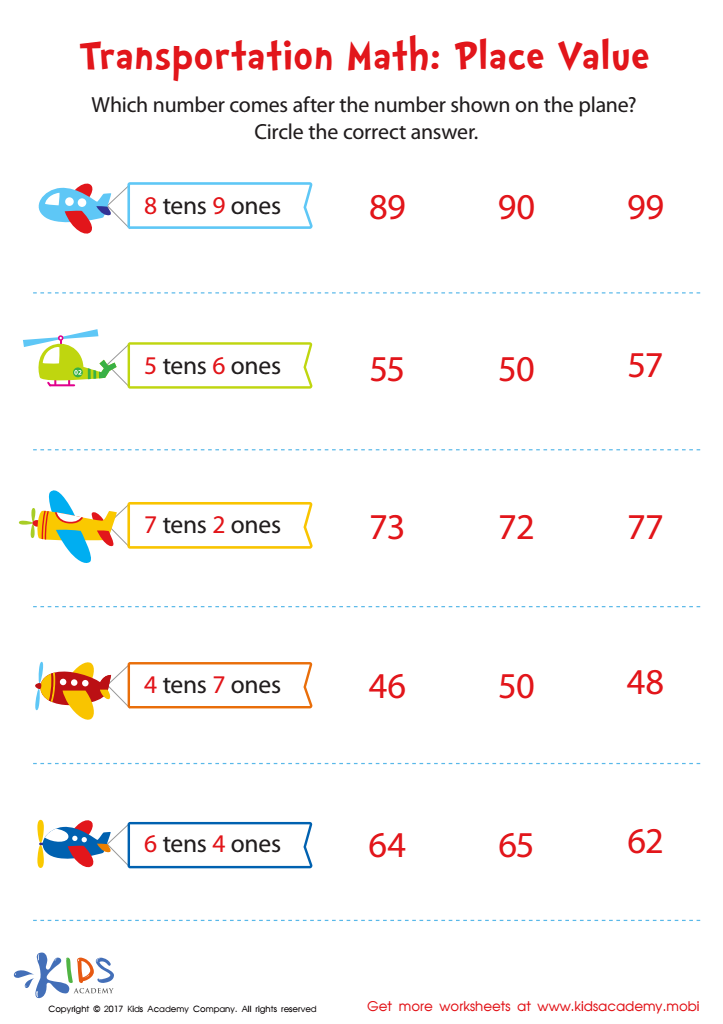

Transportation Math Printable
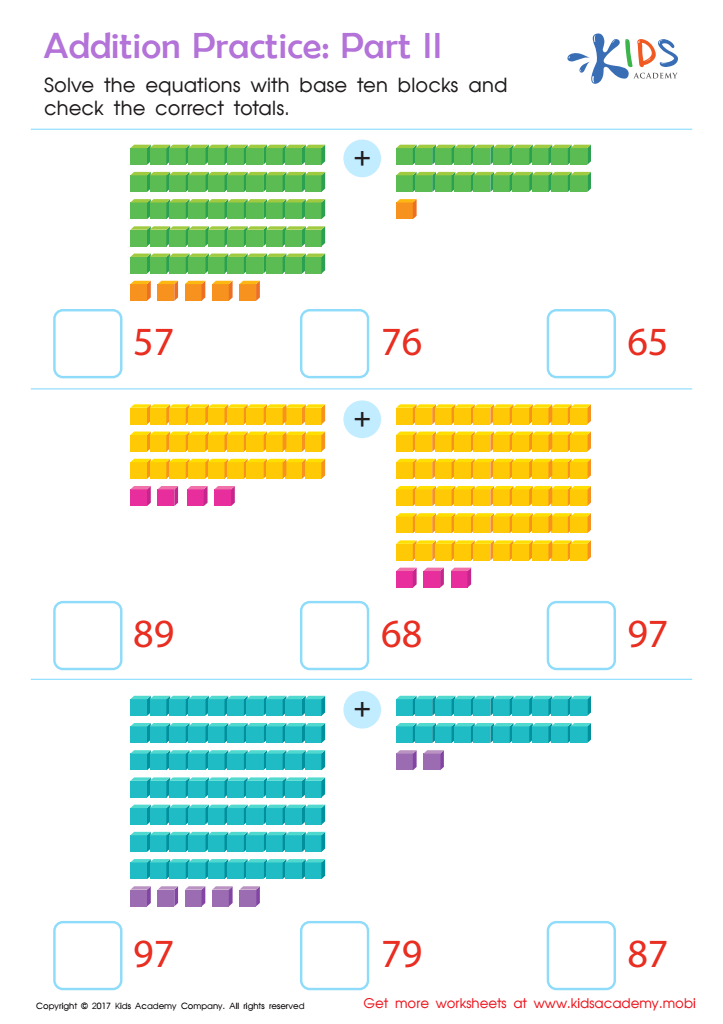

Addition Practice Sheet: Part 2
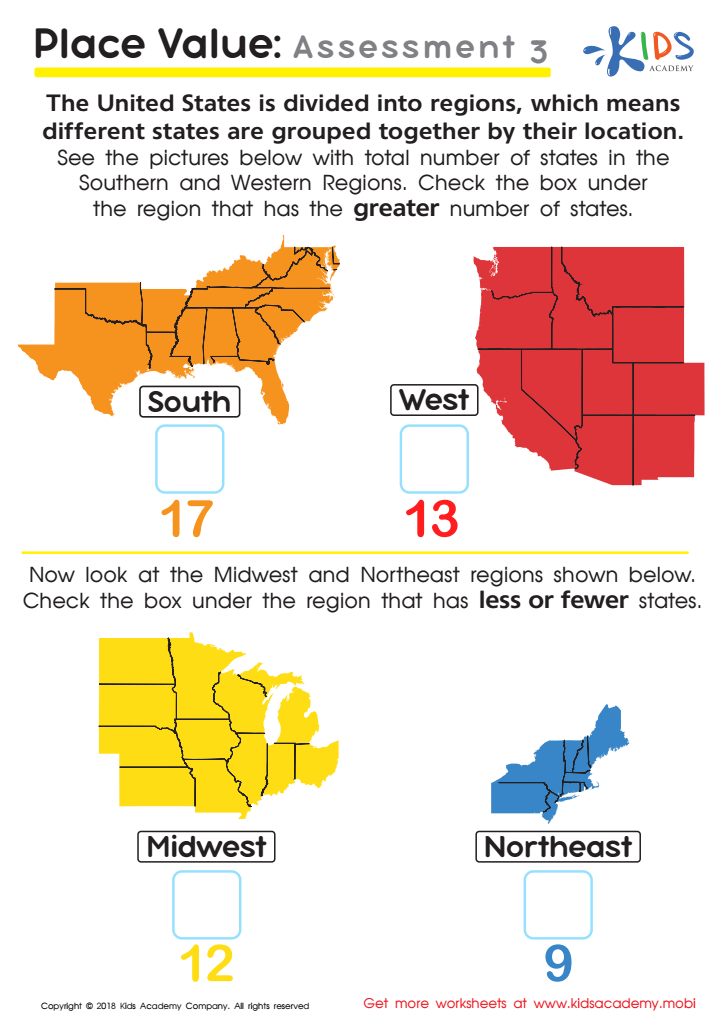

Place Value: Assessment 3 Worksheet
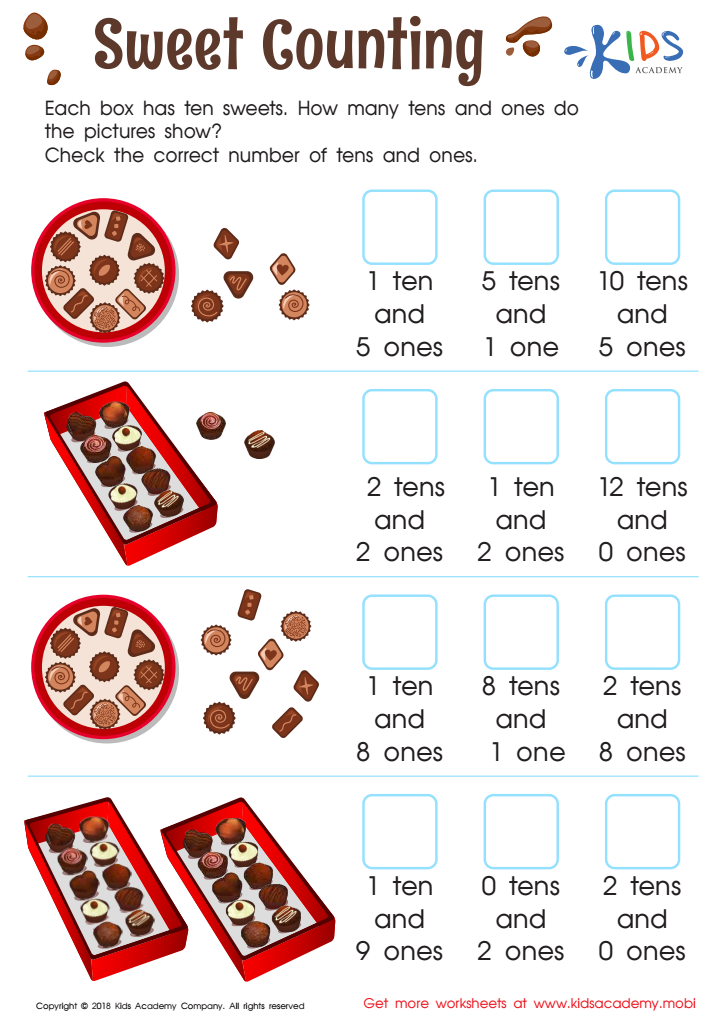

Sweet Counting - Part 2 Worksheet
Counting skills and understanding normal place value are foundational for children aged 7-9, and it's crucial for parents and teachers to prioritize these concepts. During these formative years, a solid grounding in basic math sets the stage for future academic success and everyday competence.
Counting skills are essential because they form the bedrock of more complex arithmetic operations. They foster numerical literacy, helping children grasp the quantities and sequences critical for problem-solving. Mastery in counting encourages confidence and promotes a love for learning.
Place value understanding is equally critical. It allows children to comprehend that digits can have different values depending on their position. This insight is vital for performing addition, subtraction, multiplication, and division. For instance, recognizing that in the number 345, the digit "3" represents 300, not just 3, helps children break down and manipulate numbers more effectively.
Beyond academics, these skills have real-world applications, such as telling time, handling money, and measuring quantities in cooking or building. Moreover, developing strong counting and place value skills can boost cognitive development, enhance spatial reasoning, and foster logical thinking, which are invaluable for lifelong learning.
In short, parents and teachers play a pivotal role in nurturing these fundamental math skills, laying a robust foundation for children's future success and practical life skills.
 Assign to My Students
Assign to My Students
